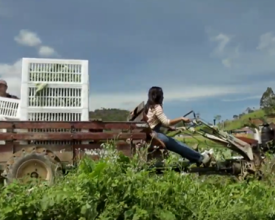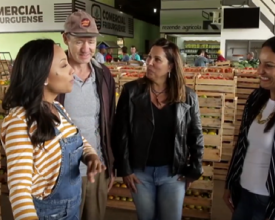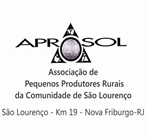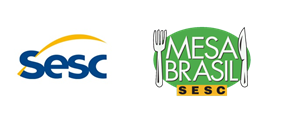
Mesa en el Campo Project: Reduction of Food Waste
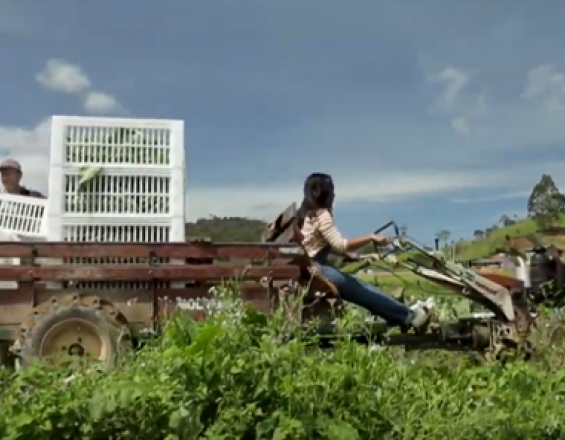
Sesc Rio, in the global context of the fight against hunger and food waste, created the Mesa no Campo Project with the objective of contributing to the sustainable development of family farming regions in the State of Rio de Janeiro. Specifically, it focused on the city of Nova Friburgo, one of the largest water producers in the state. The motivator for the project was the fact that Brazil still faces a structural problem: food waste along the production chain. According to estimates by the Food and Agriculture Organization of the United Nations (FAO), the country is among the ten nations that waste the most food in the world. About 35% of all Brazilian agricultural production ends up in the garbage. These data are part of the harvested food, and do not consider data prior to this stage of the production chain.
Context
Challenges addressed
Location
Impacts
The Program investigated losses along the production chain in order to diagnose the potential for mitigating food wastage. The data concluded that the main losses are concentrated at the handling and transportation (50%) and marketing (30%) levels. Waste in the field and consumption account for 20%. Reports by agricultural technicians in the New Fribourg region showed a pre-harvest loss of approximately 40% - data that does not appear in food waste research. Food not harvested in the field because it is not suitable for marketing, due to the rigorous selection criteria (size, appearance, etc.), but which could perfectly well be on the table of any consumer, is not harvested due to the high cost of the infrastructure required for its logistics. After mapping, the Mesa Brasil Sesc RJ program conducted a register of care institutions, and managed to divert about 1 ton of food from waste to the table (992,083.58 kg). The results obtained between June 2018 and August 2019 totaled 43 types of food donated by Mesa's farmers in the Countryside. In 2018, the number of institutions served was 167 and 98,277 people benefited.

